Does the mutilated condition of the Holy Bible–in part accidental–represent none the less a definite effort to confuse the uninitiated reader and thus better conceal the secrets of the Jewish Tannaim? Never has the Christian world been in possession of those hidden scrolls which contain the secret doctrine of Israel, and if the Qabbalists were correct in their assumption that the lost books of the Mosaic Mysteries have been woven into the fabric of the Torah, then the Scriptures are veritably books within books. In rabbinical circles the opinion is prevalent that Christendom never has understood the Old Testament and probably never will. In fact, the feeling exists–in some quarters, at least–that the Old Testament is the exclusive possession of the Jewish faith; also that Christianity, after its unrelenting persecution of the Jew, takes unwarranted liberties when it includes strictly Jewish writings in its sacred canon. But, as noted by one rabbi, if Christianity must use the Jewish Scriptures, it should at least strive to do so with some degree of intelligence!
In the opening chapter of Genesis it is stated that after creating light and separating it from darkness, the seven Elohim divided the waters which were under the firmament from the waters which were above the firmament. Having thus established the inferior universe in perfect accord with the esoteric teachings of the Hindu, Egyptian, and Greek Mysteries, the Elohim next turned their attention to the production of flora and fauna and lastly man. “And God said, Let us make man in our image, after our likeness. * * * So God created man in his own image, in the image of God created he him; male and female created he them. And God blessed them, and God said unto them, Be fruitful, and multiply, and replenish the earth, * * *.”
Consider in thoughtful silence the startling use of pronouns in the above extract from “the most perfect example of English literature.” When the plural and androgynous Hebrew word Elohim was translated into the singular and sexless word God, the opening chapters of Genesis were rendered comparatively meaningless. It may have been feared that had the word been correctly translated as “the male and female creative agencies,” the Christians would have been justly accused of worshiping a plurality of gods in the face of their repeated claims to monotheism! The plural form of the pronouns us and our reveals unmistakably, however, the pantheistic nature of Divinity. Further, the androgynous constitution of the Elohim (God) is disclosed in the next verse, where he (referring to God) is said to have created man in his own image, male and female; or, more properly, as the division of the sexes had not yet taken place, male-female. This is a deathblow to the time-honored concept that God is a masculine potency as portrayed by Michelangelo on the ceiling of the Sistine Chapel. The Elohim then order these androgynous beings to be fruitful. Note that neither the masculine nor the feminine principle as yet existed in a separate state! And, lastly, note the word “replenish.” The prefix re denotes “back to an original or former state or position,” or “repetition or restoration.” (See Webster’s International Dictionary, 1926.) This definite reference to a humanity existing prior to the “creation of man” described in Genesis must be evident to the most casual reader of Scripture.
An examination of Bible dictionaries, encyclopedias, and commentaries discloses the plural form of the word Elohim to be beyond the comprehension of their respected authors and editors. The New Schaff-Herzog Encyclopedia of Religious Knowledge thus sums up the controversy over the plural form of the word Elohim: “Does it now or did it originally signify plurality of divine being?” A Dictionary of the Bible, edited by James Hastings, contains the following conclusion, which echoes the sentiments of more critical etymologists of the Bible: “The use of the plur. Elohim is also difficult to explain.” Dr. Havernick considers the plural form Elohim to signify the abundance and super-richness existing in the Divine Being. His statement, which appears in The Popular and Critical Bible Encyclopædia, is representative of the efforts made to circumvent this extremely damaging word. The International Standard Bible Dictionary considers the explanations offered by modern theologians–of which Dr. Havernick’s is a fair example–to be too ingenious to have been conceived by the early Hebrews and maintains that the word represents the survival of a polytheistic stage of Semitic thought. The Jewish Encyclopedia supports the latter assumption with the following concise statement: “As far as epigraphic material, traditions, and folk-lore throw light on the question, the Semites are shown to be of polytheistic leanings.”

Moe is the founder of GnosticWarrior.com. He is a father, husband, author, martial arts black belt, and an expert in Gnosticism, the occult, and esotericism.

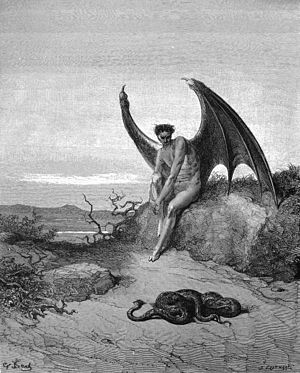

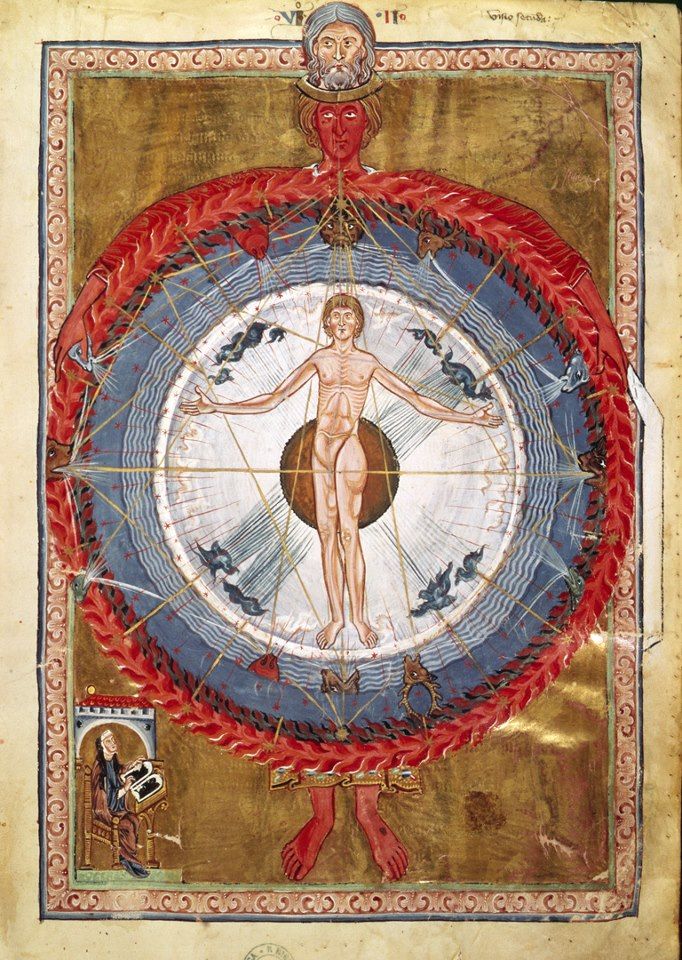
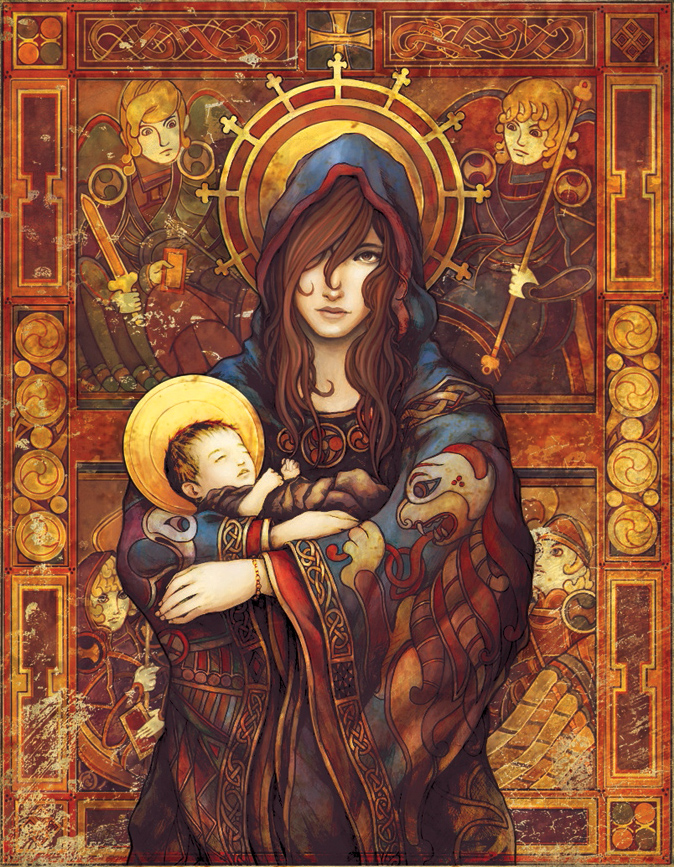
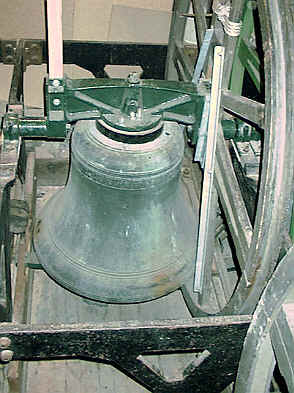
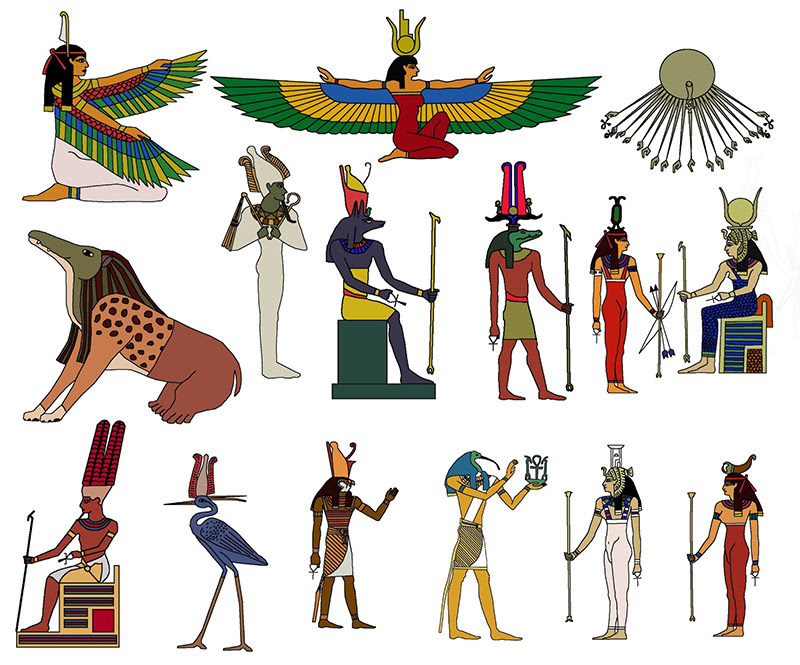
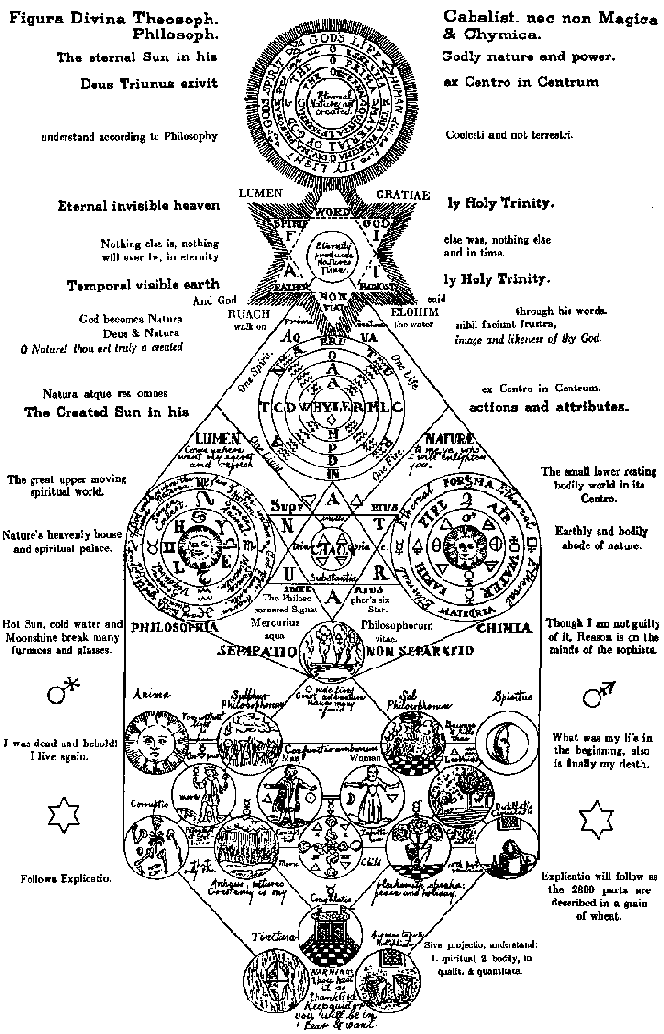
![The Serpent entwined round an [Orphic] Egg referred to the creation of the Universe Ouroboros](https://www.gnosticwarrior.com/wp-content/uploads/2015/11/Ouroboros.jpg)